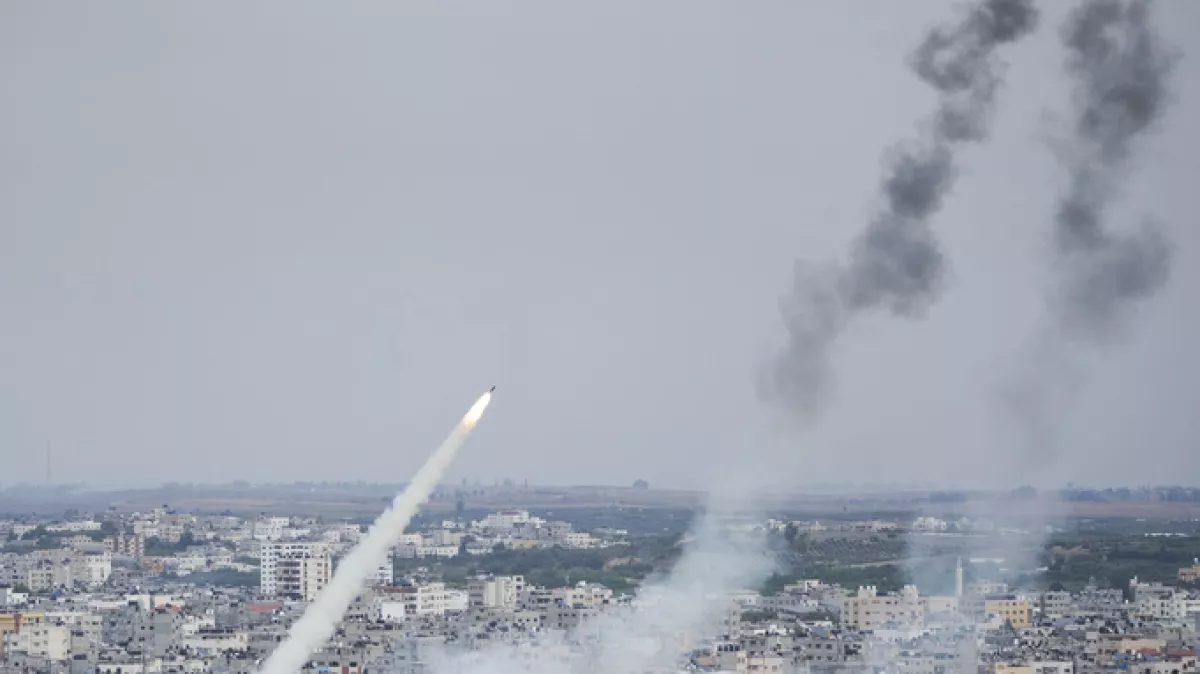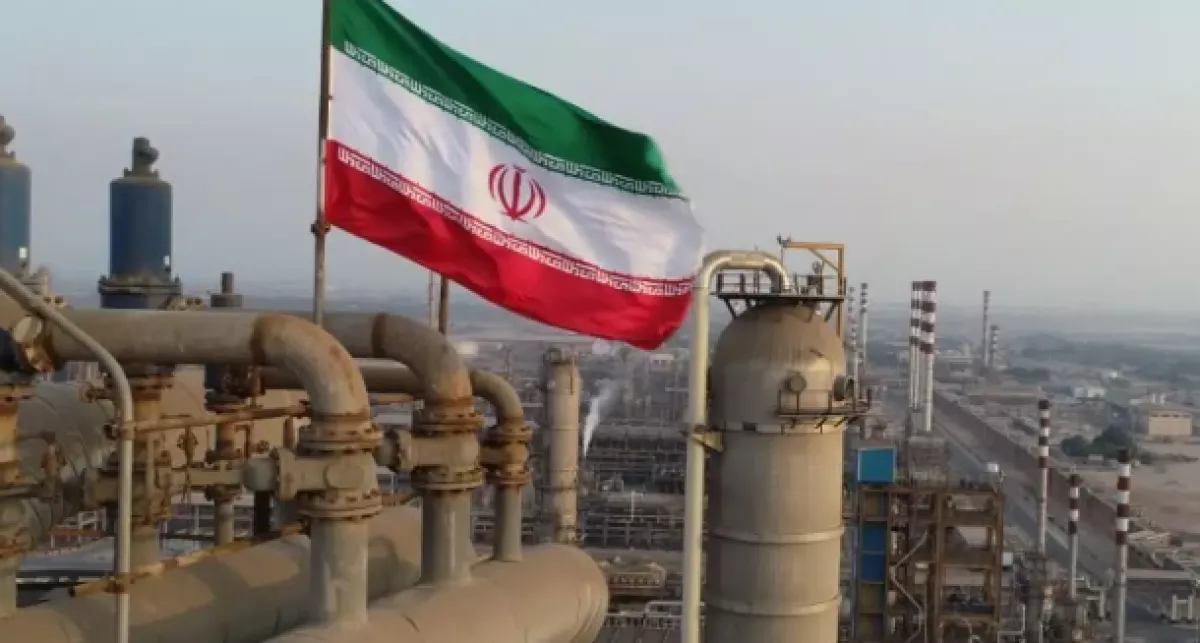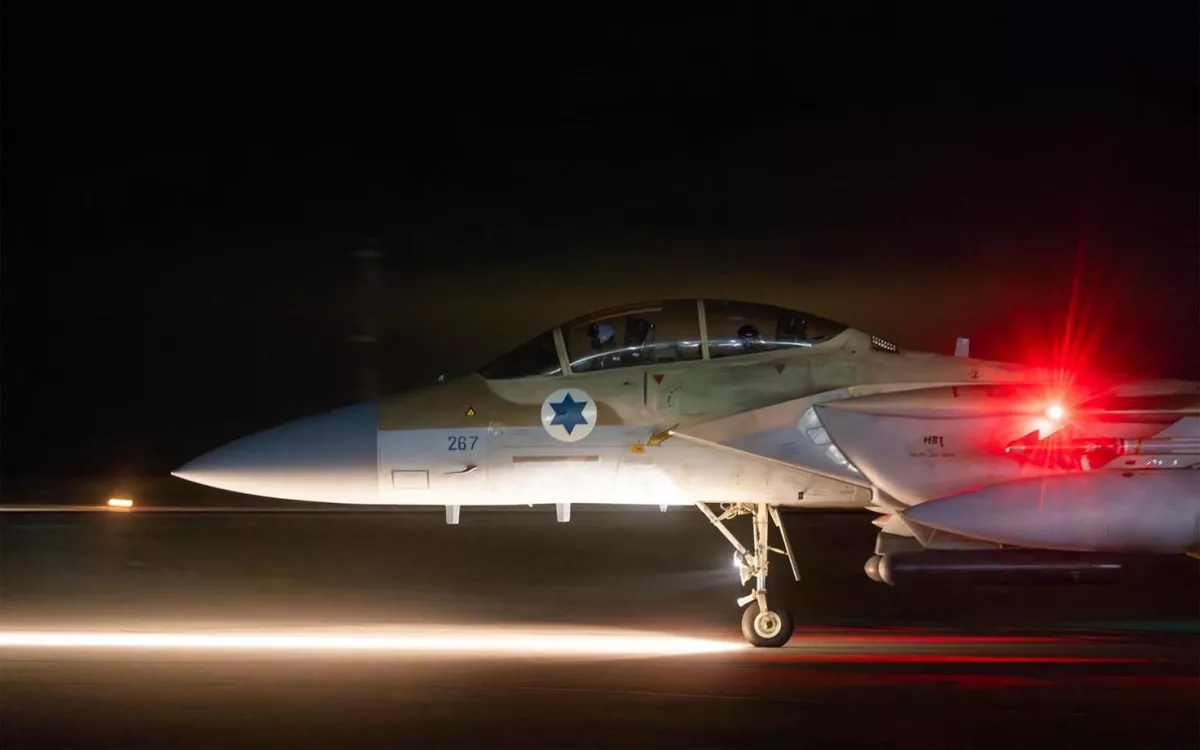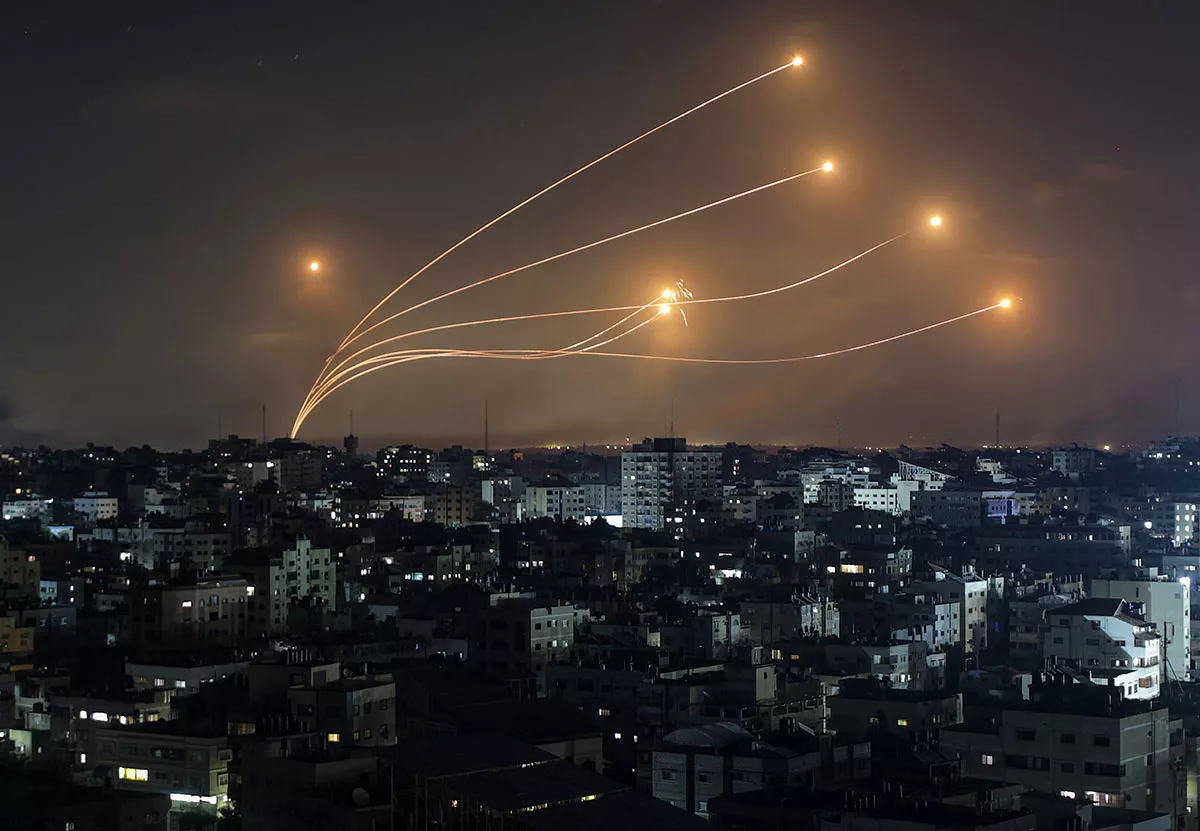Iran’s jinn blame game vs. Israel’s engineering wizardry Surreal Middle East showdown
In a significant escalation of hostilities, Israel is preparing for a substantial retaliation against Iran following a recent missile attack that has pushed the Middle East to the brink of a major conflict.
According to The Wall Street Journal, Iran launched approximately 200 ballistic missiles toward Israel just days after Israeli forces eliminated the leader of the pro-Iranian group Hezbollah and deployed troops into Lebanon. While the Israeli military has indicated it will respond, specific details regarding the timing and nature of the retaliation remain undisclosed. The Pentagon reported that Israel successfully intercepted most of the incoming missiles, resulting in minimal damage on the ground.
In a provocative statement, Iran vowed to deliver a “crushing response” should Israel decide to retaliate. U.S. Secretary of State Antony Blinken asserted that the U.S. and its allies played a crucial role in effectively countering the Iranian attack. Meanwhile, Israeli military spokesman Daniel Hagari confirmed that there were no reported casualties among Israeli forces.

The Israeli publication Haaretz has revealed intriguing insights suggesting that the interception of Iranian missiles involved not only the United States but also cooperation from Jordan, France, and the United Kingdom.
Meanwhile, The Wall Street Journal highlights an analysis indicating that Iran’s missile strike aimed to project strength while avoiding a large-scale response.
According to well-informed U.S. publication Axios, Israeli officials are bracing for an extensive regional conflict. They anticipate a “significant retaliation” against Iran in response to the recent missile barrage, with plans for action expected within days. Targets may include Iran's oil production facilities and other key strategic locations.

Historically, the Israeli military has identified two critical targets within Iran: Kharq Island, which houses the country's primary oil terminals, and the port of Bandar Abbas, a vital hub for Iranian imports and exports. Strikes on these locations could significantly destabilize Iran's economy.
Additionally, Iranian facilities involved in nuclear and missile technology represent another key target. Israel has consistently regarded Iran's nuclear ambitions as a red line. However, executing such an operation would be far more intricate, requiring Israel to deploy hundreds of aircraft over several weeks in what would essentially be a full-scale air war.
Implementing this plan poses substantial challenges, particularly due to American deterrence. The current administration in Washington seeks to avoid a major conflict in the Middle East. There are concerns about potentially involving the U.S. military, as this could create significant complications for the ruling Democratic Party, especially with elections approaching. Furthermore, economists at Bloomberg warn that a large-scale war in the region could drive oil prices up to $150 per barrel and trigger a global recession, repercussions that would be untenable for the U.S. economy before elections.
The extent of Washington's influence in moderating an Israeli retaliatory strike remains uncertain. Historically, the U.S. has attempted to curb hostilities in Gaza by halting ammunition shipments to Israel. However, these efforts have not convinced Prime Minister Benjamin Netanyahu to endorse President Biden's proposal, which involved a hostage exchange with Hamas in exchange for a ceasefire. The conflict has persisted and increasingly spread to Lebanon, where Israel faces threats from both Hamas and Hezbollah, Iran's ally.
In response to Israel's aggressive actions in Lebanon, including the assassination of key Hezbollah leaders and military operations, Iran has intervened to protect its allies, launching missile strikes against Israel. This escalation raises the stakes for military engagement in the region. Thus far, the Biden administration has struggled to halt these developments.
Experts warn that Israel and Iran have never been closer to igniting a new and significantly more perilous front in the ongoing Middle Eastern conflict. Following Iran's missile barrage of nearly 200 rockets directed at Israel, Tehran has vowed that any forceful Israeli response would provoke further attacks. Israeli officials indicate that if such a situation arises, all options will be considered, including targeted strikes on Iran's nuclear facilities.
An Israeli official expressed significant concerns regarding Iran's potential response to an attack, stating, “We have great doubts about how the Iranians will respond to an attack, but we are taking into account the possibility that they will go for broke, and that would be a whole different ballgame.”
In the event of a retaliatory strike, Israel could utilize airstrikes along with covert operations similar to the recent elimination of Hamas leader Ismail Haniyeh in Tehran. However, senior Israeli officials, who preferred to remain unnamed, emphasized that the upcoming Israeli response would be considerably more substantial than previous actions.

On October 1, Israel's security cabinet convened in an underground bunker located in the mountains near Jerusalem, coinciding with the first wave of Iranian ballistic missiles launched toward the country. Many of these missiles were intercepted by Israeli and American missile defence systems, while those that were not largely struck open areas, including regions near an air force base in southern Israel, the Mossad headquarters, and a military intelligence facility north of Tel Aviv. An Israeli defence official informed Axios that dozens of Iranian missiles targeted the Mossad headquarters, yet none impacted the compound itself.
According to a senior Israeli official, the decision to retaliate has not yet been finalized as officials are seeking to consult with the Biden administration. President Biden acknowledged ongoing discussions between the U.S. and Israel regarding a response to the Iranian assault, stating that the outcome remains uncertain. A senior U.S. official noted that during talks with the Israeli government on October 1, the U.S. expressed its support for Israel's response but emphasized that it should be "measured." While the Americans aim to temper Israel's reaction, the exact implications of these discussions are still unclear.
Amid ongoing tensions, reports from Iran have taken a bizarre turn. Journalists recently asked theologian Mustafa Karami how Israel obtained detailed information about the location of Hezbollah leader Hassan Nasrallah, who was killed in an Israeli airstrike on Beirut. Karami responded with an astonishing claim, stating, "This information is leaked through infidels and invisible jinns who were hired and trained by Jewish priests (kohen).... The Jews received knowledge of these jinn and astrology as far back as the time of King Solomon."
Simultaneously, Israeli forces are scrutinizing the remnants of Iranian missiles and have noted poor craftsmanship in their construction. Military journalist Sergei Auslender pointed out that "the wreckage shows shoddy welds at the stabilizers, and in general, it is a handicraft, like the same Palestinian 'Kassams,' only much larger." Reports indicate that there is no evidence of significant damage to Israel's military capabilities.
In addition, Iranian authorities circulated a video purporting to show a drone strike on Tel Aviv, which has since been revealed as a fabrication.

In light of the current situation, one might expect the Islamic Republic to better protect its 85-year-old Supreme Leader, Ali Khamenei. While the Iranian regime frequently boasts about enacting severe revenge, it appears to focus its ire on young girls who refuse to wear the hijab rather than addressing the threats posed by Israel. This raises questions about the efficacy of Iranian capabilities: are Israeli forces somehow more effective, or do they simply have a superior grasp of engineering and technological innovation in fields such as rocket propulsion and microelectronics?
Despite the humorous comparisons and critiques, it would be unwise to underestimate the capabilities of Iran and its ally Hezbollah. Hezbollah has demonstrated a significant ability to launch sustained missile strikes, indicating that it can impose considerable pressure on Israel over extended periods.
Israel's anticipated response to the recent provocations is expected to be more robust than in previous instances. This expectation, combined with the escalating tensions in Lebanon between Israel and Hezbollah, signifies a continued rise in hostilities. The spectre of a broader Middle Eastern conflict — pitting Israel against Iran and its allied “Axis of Resistance” — looms ever larger as these tensions intensify.








